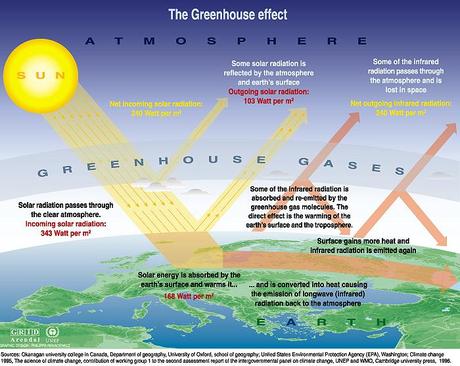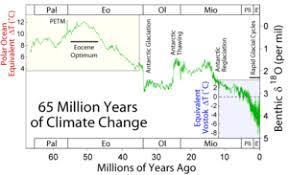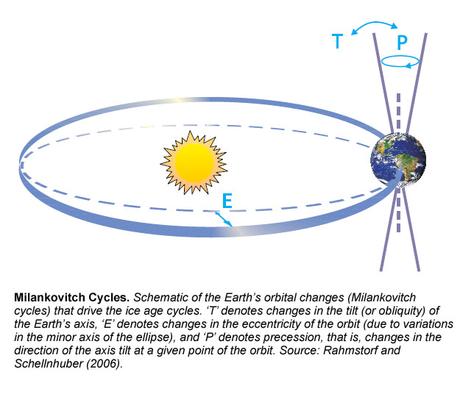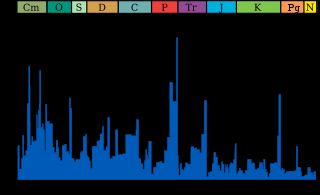You can safely assume that information, any information, they present you with has some relevant information “Left Out”.
The originator’s perspective, the logic bubble in which she perceives the world, and how the information is applied are some reasons for the missing information.

Also, we may unconsciously miss the presented information because it doesn’t fit in our logic bubble or it contradicts our value system (it biases us).
What is Left Out could be an accident or we may simply not be aware of it. But the information could also be Left Out deliberately. It could be a way of framing or spinning an uncomfortable truth. Politicians and their spokespersons are notoriously for their way of deviating from the “truth”.
So it is a good habit when study a subject to ask yourself:
- What is Left Out?
- What information is relevant?
- What information should it provide?
Left-out information in global warming and sustainability
Scientific disciplines such as physics, geology, astronomy, and paleontology are missing from the public discourse.
However, these disciplines often inspire climate deniers and they are used to argue that the current changes are the result of natural events. Nevertheless, these disciplines can provide understandning as well as inspiration for ideas to minimise the effect of human- induced climate changes.
The physics of global warming
The absorption of solar radiation and the subsequent re-distribution of that energy through radiative, advective, and hydrological processes drive weather and climate change.

Geology and global warming

Geologists think of the last 50 million years as the recent past, both because they represent only about one percent of the age of the earth, and because plate tectonics, the geologic process that controls conditions within the solid part of the earth, has operated without major change during that time period, the most relevant to gaining insights about the earth’s climate that can apply to the present-day global warming debate.
Astronomy and global warming
Ice cores and deep sea bed cores provide the best record of changes in global temperature and CO2 content of the atmosphere going back 800,000 years. The data shows a clear periodicity in global temperatures which is thought to be linked to the Milankovitch cycle.

Paleontology and global warming

the fossil record (graph not meant to include recent
epoch of Holocene extinction event)
Paleontology is the scientific study of life that existed prior to, and sometimes including, the start of the Holocene Epoch (roughly 11,700 years before the present). It includes the study of fossils to classify organisms and study interactions with each other and their environments- Life on earth has suffered occasional mass extinctions at least since 542 million years ago.
How to Proceed
Why is it interesting to look at left-out approaches and information around global warming? We are not climatologist or experts, and not in the position to contribute to the science of global warming and ways to mitigate it. But we know that many times in history existing paradigms got overthrown by a new angle, a sharp observation, an ¨not intended accident in logical reasoning¨ or just a crazy idea. Or stubborn people, often from outside the profession. Like Semmelweis, who discovered that “wash your hands” drastically cut the incidence of “childbed fever” or Marshall and Warren regarding what causes gastritis and gastric ulcers: a bacterium with an affinity for acidic environments: the Helicobacter pylori. In hindsight, it is amazing that already in 1875 scientists hypothesized that bacteria cause ulcers.
What are the basic paradigms of the sciences involved? Can we interpret scientific results differently? What is obvious and taken for granted in those scientific disciplines? Can we escape from it, just to explore intentionally alternative explications of phenomena?
Any new ideas for mitigation global warming?
Any information missing in the reporting of human-induced climate changes? For example, you could start your search by focusing on information about ways to minimise the effects of climate change? What types of information is available? Is any information missing?
Related posts
The curse of an Expert. The expert has become the emperor in the logic of his or her field of expertise; knows all the details without being conscious of that fact. Caught in a logic bubble and often unable to escape. This is where the curse of expertise comes in.
A Concept R&D Department. In 1968, Dick Fosberry won a gold medal in high jumping at the Summer Olympics. Instead of diving with his belly over the bar and landing on his feet, he did it reverse, jumped over the bar with his back, and landed on his back. Nearly two thousand years since the Olympics in Athens, mankind invented a new technique for high jumping, the Fosberry Flop as we now call it. Amazingly, the innovation made was not because of technology, but a change in conceptual thinking.
Left-out information. This could be the first step to a critical examination and exploration of the facts and information value of what you are about to study or are generating breakthrough ideas for.
Cassandra information. Many people, when confronted with a problem, begin an abundant search for information. They assume that enlarging the information space inevitable will lead to uncovering the information needed to solve the problem. By doing so, it takes a lot of information waste for granted. A more effective approach is, to begin with asking: “What information do I need?” And secondly: “ What information is available”. It will turn out that the most important information sought will be information that is relevant, but not available. We need a strategy to get the missing but relevant information.
